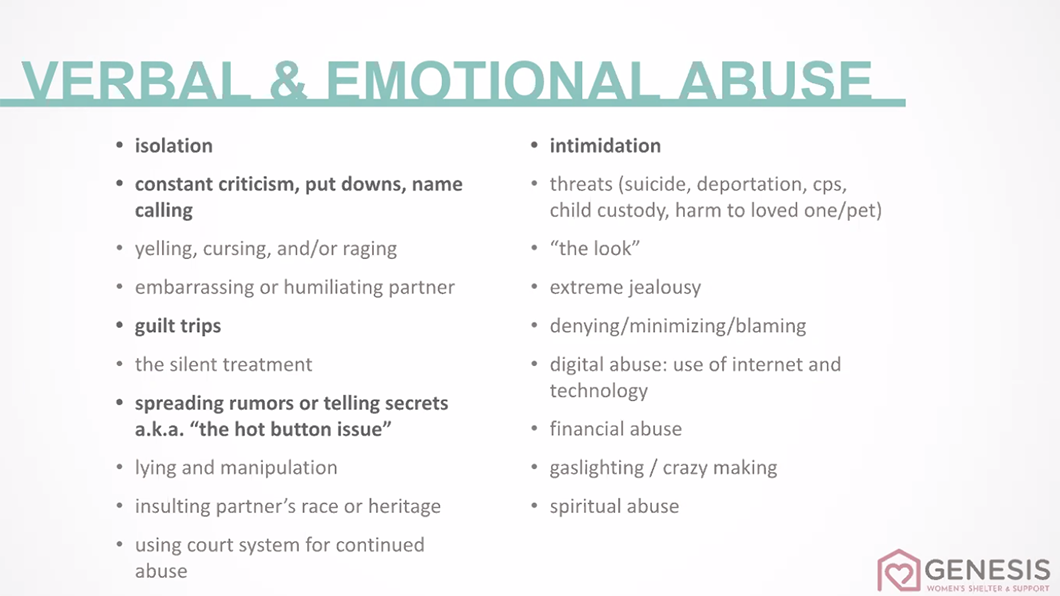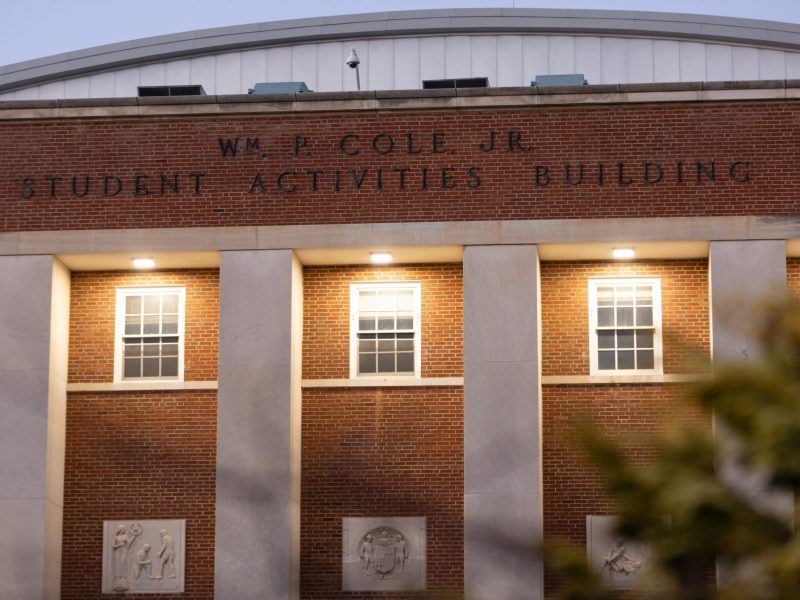Content warning: This article contains explicit mention of relationship violence and domestic abuse.
By Jessica Umbro
For The Diamondback
The Chi chapter of the Hermandad de Sigma Iota Alpha, Inc. at the University of Maryland held a webinar on Monday evening titled “Domestic Violence in Undocumented Communities.”
According to facilitator Veronica Gil, an advocate for Genesis Women’s Shelter & Support — a domestic abuse shelter based in Dallas, Texas — domestic violence boils down to two concepts: power and control.
“Domestic violence is the systematic diminishment of a person,” Gil said. “We see it also in undocumented individuals, possibly the abuser is a U.S. citizen in this country, and she emigrated and doesn’t have a legal status. So they use that as a form of power and control.”
During the virtual event, Gil described “the cycle of violence” that is often explained to women who seek assistance at her shelter.
The first stage is when tension and anger grow. The second is the violent stage, when a partner becomes emotionally, physically or verbally abusive. The last stage is the “honeymoon phase,” where the abuser apologizes for the violence or promises it won’t happen again — but it does.
[UMD’s diversity education requirements may be revamped soon]
According to Gil, many people who lack understanding of the complexity of domestic violence pose the question: Why can’t she just leave?
For undocumented women, Gil said, they might not have a job or the means to support themselves or their children.
“It’s hard,” Gil said. “It really is hard.”
But there are ways to help women who experience domestic abuse.
Gil said tactics to help survivors include believing women who come forward, not blaming them, helping them develop a safety plan, referring them to a crisis center and providing continuous support.
For students at this university who have experienced domestic violence or even sexual assault, there are resources to help as well.
The University Health Center’s CARE to Stop Violence office provides free therapy sessions run by licensed mental health professionals.
Izzy Bennett, who works in peer outreach in the CARE to Stop Violence office and is a junior psychology major, spoke during the webinar. She said the CARE program is “survivor-centered and strength-based.”
“We serve anyone at the University of Maryland that has been impacted by power-based violence, which includes undergraduate students, graduate students, faculty and staff,” Bennett said, adding that anyone who uses the resources can expect confidentiality.
At the conclusion of the event, Elisabeth Ramos, the president of Hermandad de Sigma Iota Alpha, Inc. and a senior early childhood and early childhood special education major, thanked participants for attending before signing off.
“Thank you so much everyone for being here, through Zoom,” Ramos said. “I hope you guys learned something.”
[UMD organization helps fundraise to distribute period products in College Park]



